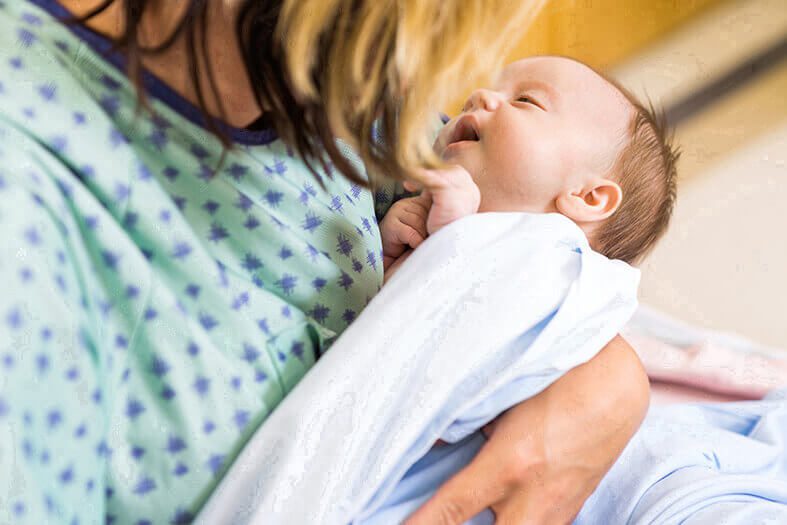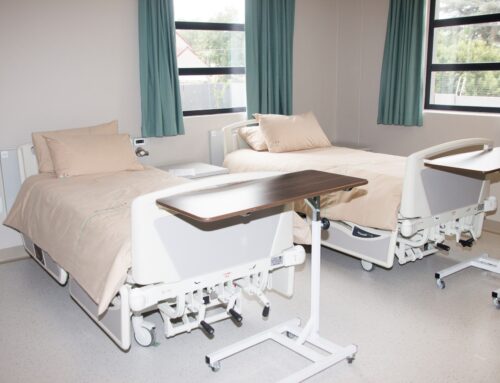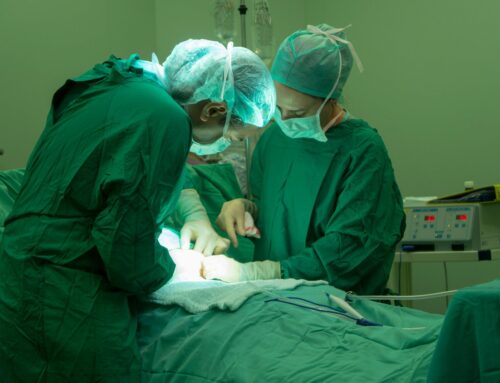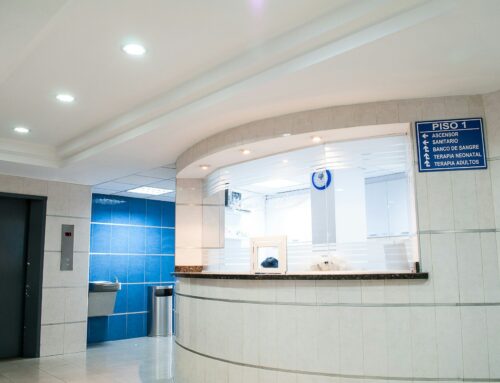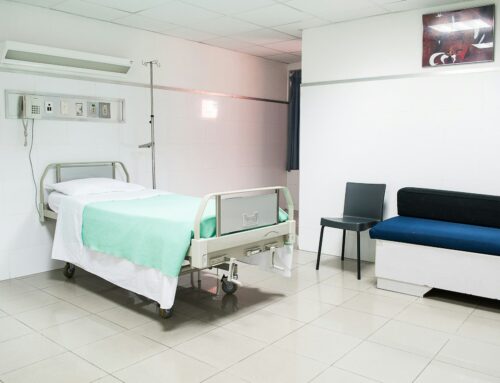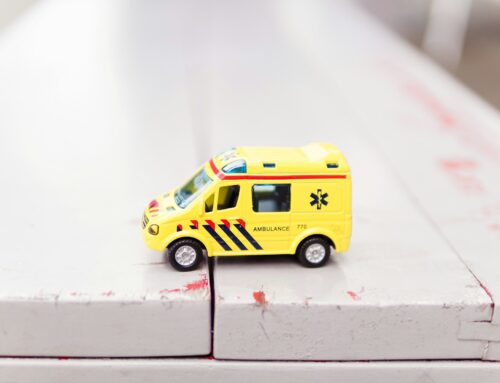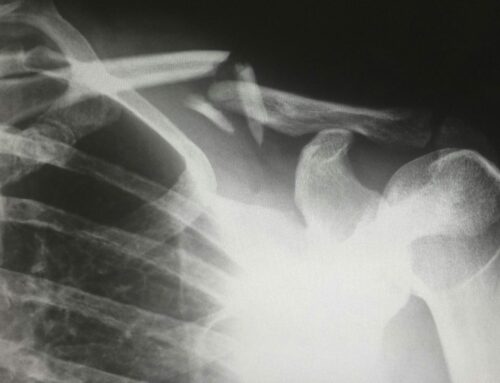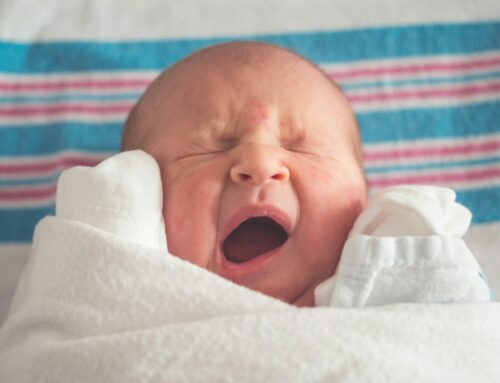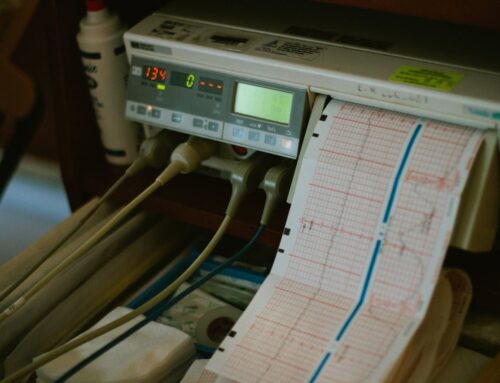Having your new baby is a time of great excitement and happiness, however, this happiness can often be tainted by pain that you experience after childbirth.
First and second degree tears can occur naturally during childbirth but they usually heal naturally without any complication.
A third degree tear however, is tear extending downwards from the vaginal wall and perineum to the anal sphincter the muscle that controls the anus and a fourth degree tear extends to the anus or the rectum
Third and fourth degree tears can give rise to significant pain for the mother and can cause many other complication including pain during sexual intercourse. Many women feel that they pass wind more easier and need to rush to the toilet to open their bowls more often. If you are experiencing any of these symptoms you should contact your GP immediately and ask for a referral to a specialist.
It is also recognised that there is an increased risk of a third degree tear happening in future pregnancies and approximately 7% of women who have a third or fourth degree tear will have a similar tear in a future pregnancy
Why did this third degree tear occur?
Third degree tears can occur for a number of reasons but most usually if you have a large baby being over 4kg or 8lb 13oz then an obstetrician should consider carrying out an episiotomy i.e. a surgically performed cut to reduce the risk of natural tear
Third degree tears can also arise due to the use of forceps or ventouse delivery or in the case of shoulder dystocia i.e. when the baby’s shoulders become struck behind your pubic bone, thereby delaying the birth of the baby’s body.
What will happen after a third degree tear?
It is extremely important that the tear is identified at the time of birth and that a proper repair by a surgeon in theatre takes place. Thereafter, you should be given pain relief and pelvic floor exercises and antibiotics so as to keep the chances of infection to a minimum because the stitches for the repair will be very close to your anus.
Contact us
If it clear from your medical notes that your medical team ought to have known that you were likely to tear by the reasons mentioned above but failed to take any preventative then you may be entitled to bring a claim for compensations for medical negligence.
Similarly if your medical team did not recognise and repair the third degree tear at the tine of birth you may be entitled to make a claim for compensation.
To decide whether or not you have the basis of claim for medical negligence please contact us for an appraisal of your treatment and the circumstances surrounding the birth.
Please contact one of our dedicated medical negligence at McElhinney & Associates, Drumboe Lodge, Stranorlar, Co. Donegal on 074 91 75989 or admin@mcelhinneyassociates.com
*In contentious business a Solicitor may not calculate fees or other charges as a percentage or proportion of any award or settlement.
**This information is for guidance purposes only. It does not constitute legal or professional advice. Professional or legal advice should be obtained before taking or refraining from any action as a result of the contents of this publication. No liability is accepted by McElhinney & Associates for any action taken in reliance on the information contained herein. Any and all information is subject to change.
